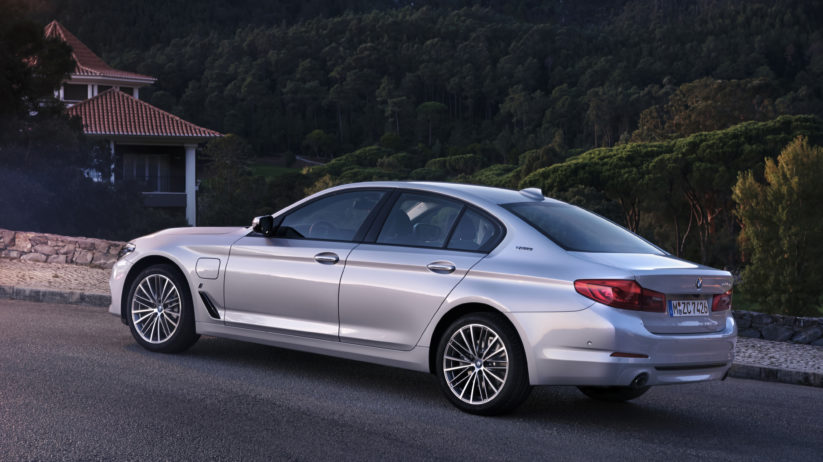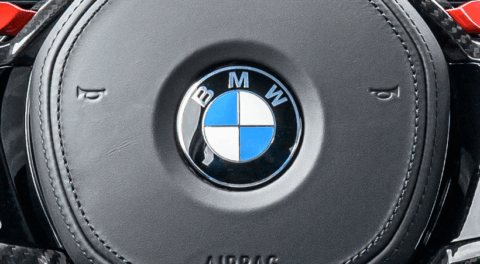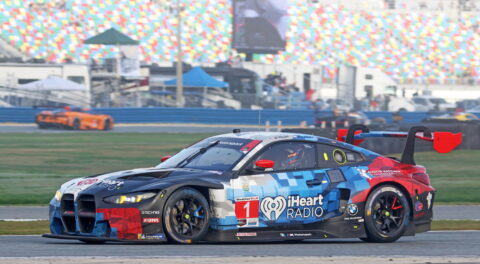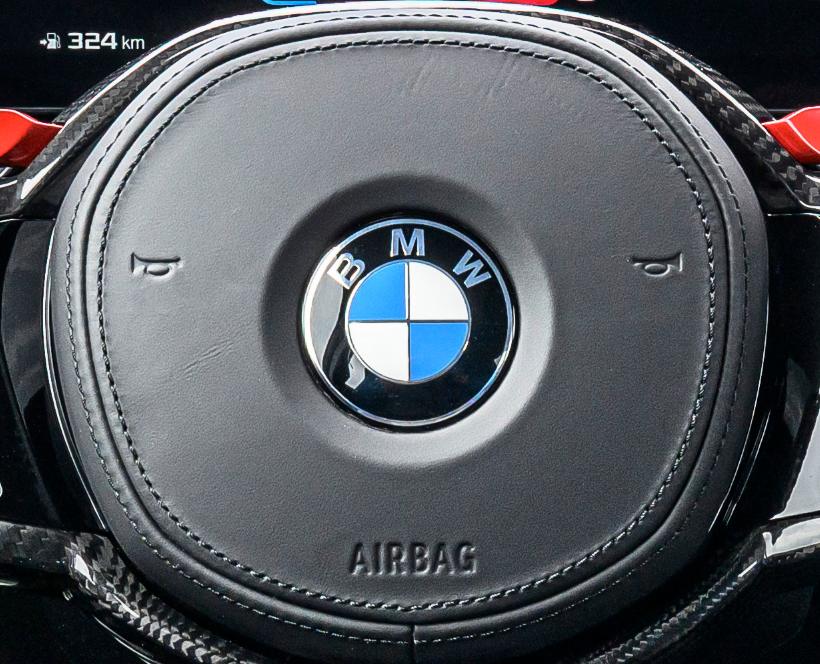The Wall Street Journal and numerous other news outlets are reporting that the U.S. Securities and Exchange Commission is investigating whether or not BMW of North America engaged in potentially questionable sales practices. The rather unwelcome Christmas gift for BMW arrived on the eve of the holiday, and according to WSJ, which cites, “people familiar with the matter,” the SEC is specifically looking into if BMW engaged in what as known as, “sales punching,” a method of boosting monthly and quarterly sales numbers that counts vehicles that remain unsold, in dealership inventory.
Few hard details are available at this point, but BMW has already responded, with a spokesperson for the automaker telling the journal that BMW plans to cooperate while also acknowledging that the company has received communications from the SEC. BMW is by no means the first or only carmaker to face such criticism—earlier this year, Fiat Chrysler settled a sales reporting lawsuit with the SEC for a reported $40 million.
Automakers including BMW are no stranger to the pressure to report positive sales figures and continued growth over time. Former BMW NA CEO Ludwig Willisch publicly acknowledged the compulsion many brands face to inflate their sales numbers, and he even gave one example of dealers registering vehicles for their loaner fleets, and then selling them a short time later when they’ve accumulated a few thousand miles.
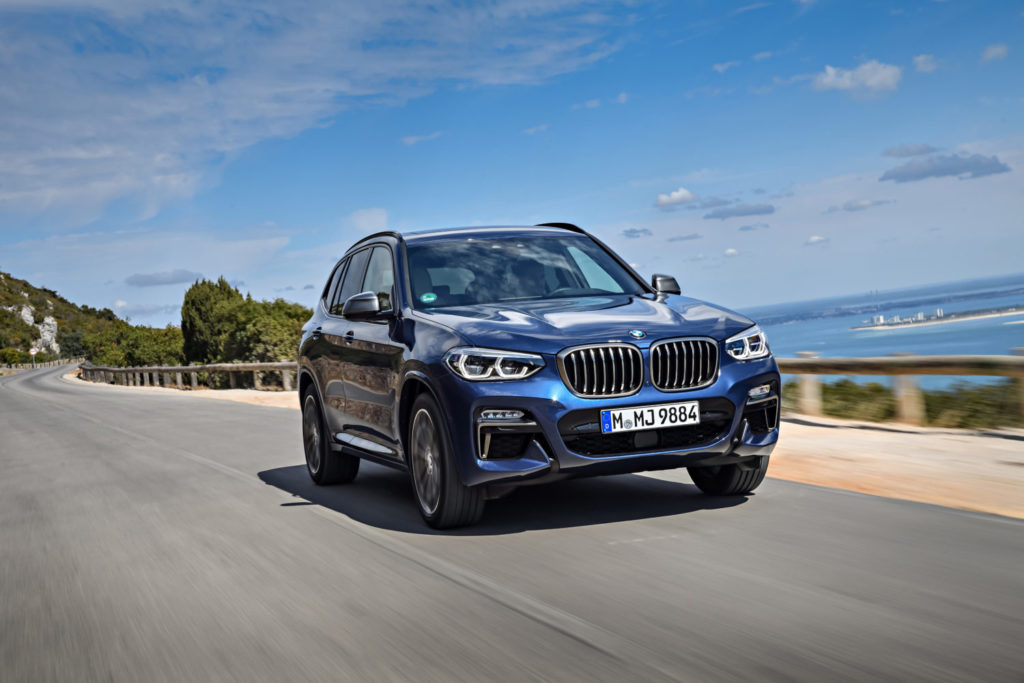
Loaner cars are not the only way dealerships sometimes artificially increase their sales numbers. In the case of Fiat Chrysler, it involved taking new inventory and classifying the cars as sales demonstration units, which would be subsequently listed for sale after they accumulated some mileage. Ever been scrolling through your local BMW dealership’s inventory and come across one listed as an, “executive demo vehicle,” and not known what this means? It’s essentially the same idea, with the vehicles having been driven by BMW executives and marketing staff before being listed for sale, usually with under 10,000 miles on the odometer.
According to brief investigations, articles found online going back a few years cite brands such as Nissan, Hyundai, Mercedes-Benz, and BMW as being among the automakers to most commonly engage in the practice of sales punching, according to dealers. This also raises a point that’s important to keep in mind: Dealerships are not usually the ones motivating sales punching, as the practice itself complicates what can already be a very convoluted operational process that tends to suffer when loaner and demo vehicles are put through the sales system. In fact, according to at least one report, it is the automakers themselves who incentivize the practice by offering large bonuses for each vehicle that has been, “punched.”
At this time, no allegations have been made, and what is being referred to as an investigation remains ongoing.—Alex Tock
[Photos courtesy BMW AG.]

